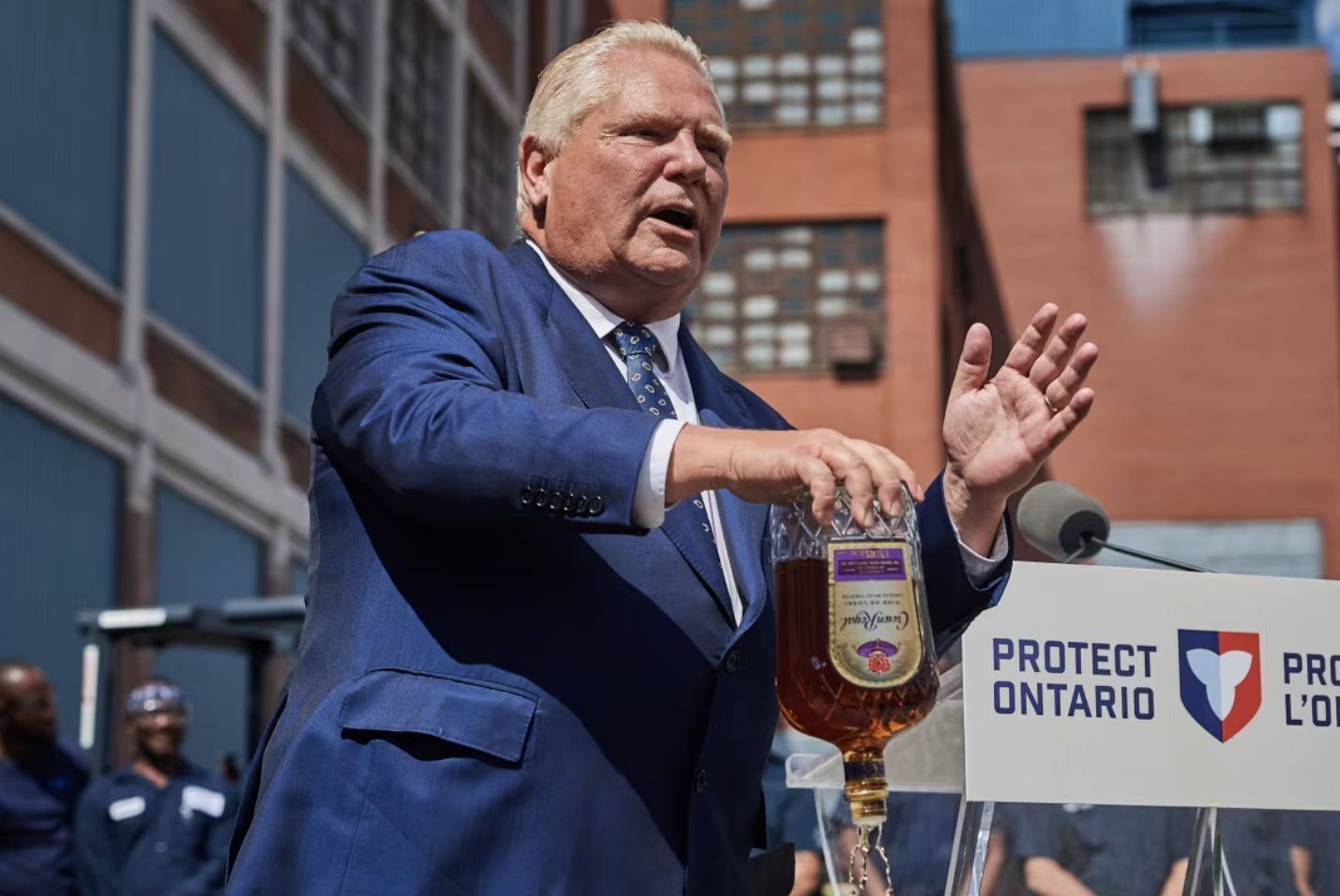- reverse pyromania
- Posts
- I Saw the Constellations Reveal Themselves One Star at a Time
I Saw the Constellations Reveal Themselves One Star at a Time
One thing is clear: Canada remains pissed
Let’s take a look at where Canada stands with tariffs as well as towards the US in general. First, tariffs:
Most of the counter-tariffs Ottawa slapped on U.S. goods earlier this year have now been removed, with a few exceptions.
Canada placed duties on $60 billion worth of U.S. goods in response to American tariffs on various Canadian goods. Those tariffs are gone as of Monday, though some levies remain on non-CUSMA-compliant goods — such as tariffs on steel and aluminum products to counter U.S. tariffs targeting those industries.
Prime Minister Mark Carney announced on Aug. 22 the tariffs would be coming off, arguing they were a sticking point in negotiations with the U.S. and that doing so was in Canada's economic interest.
Canada-U.S. Trade Minister Dominic LeBlanc travelled to Washington last week — the first time since July — to meet with U.S. Commerce Secretary Howard Lutnick.
PM Carney noted that there are times in hockey when it’s elbows up, and times for stick handling, and this, he says, is time for stick handling. He also made the claim that Canada had the best deal of any country in the world on tariffs with the US. (Claudia Sheinbaum also makes that claim, btw.)
Of course, when you negotiate with the Trump administration, you open yourself to extortion. One example is a bunch of Republicans demanding that Canada stop taking a 5% contribution from streaming services to fund Canadian content.
In the background of all of this is simmering anger towards the US on the part of Canadians. They’re still boycotting US products, and some grocers got caught and shamed when they tried to “maple wash” some products that were actually produced in the US. US tourism from Canada is in the shitter, too:
Visits to the United States from Canada are down 25.2%, year to date, with a 37% year-over-year drop in arrivals by car in July alone, according to Tourism Economics.
A whopping 80% of Canadian travelers whose travel decisions are being influenced by U.S. policy and politics say U.S. tariffs and economic policy are the major negative influence. Seventy-one percent say political statements by U.S. leaders are a key negative factor, up from 64% in April, according to Longwoods International’s mid-July survey.
Instead of visiting the United States, where AAA says Labor Day weekend travelers will be enjoying lower year-over-year prices for everything from gas, hotels and flights to car rental costs, disgruntled Canadians are planning to travel within their own country or book flights to other nations.
“They’re choosing destinations such as Mexico, the Caribbean and Western Europe,” Eylon said.
Finally, Ontario Premier Doug Ford did something that a member of the Ford family doesn’t often do — he poured out a bottle of Crown Royal because Diageo, the company that owns Crown Royal, decided to close a bottling plant in Ontario.

The union believes that a plant in Illinois will be used to bottle the whiskey, though it will still be distilled in Canada. This puts Ford in a bind, because he could pull it from the province-run liquor stores (LCBOs), but it’s essentially a Canadian product.
Ford has managed to walk the tightrope of being a Conservative politician while fighting hard against MAGA. In contrast, Alberta, which is Canada’s Texas and epicenter of “Maple MAGA”, is still being Alberta. The most recent MAGA move was to ban school library books with sexual content. It did not go over well, and Margaret Atwood, whose book The Handmaid’s Tale would have been banned, did this:
In a social media post on Sunday, Atwood said since the literary classic is no longer suitable in Alberta's schools, she has written a short story for 17-year olds about two "very, very good children" named John and Mary.
"They never picked their noses or had bowel movements or zits," she said in the beginning of her story.
"They grew up and married each other, and produced five perfect children without ever having sex."
Atwood said the duo paid no attention to the poor and "forgiving your enemies and such; instead, they practised selfish rapacious capitalism."
Atwood goes on to say that the duo never die because "who wants to dwell" and they lived happily ever after.
"But while they were doing that The Handmaid's Tale came true and [Premier] Danielle Smith found herself with a nice new blue dress but no job," she said, referring to the high-ranking wives of commanders in her book who wore blue while the handmaids, in red garments, were subjected to produce children for elite couples in a totalitarian and theocratic state.
Reply